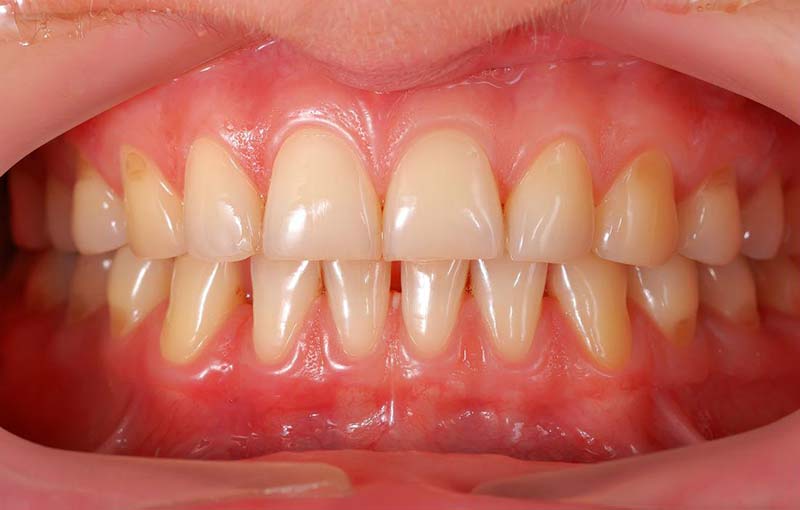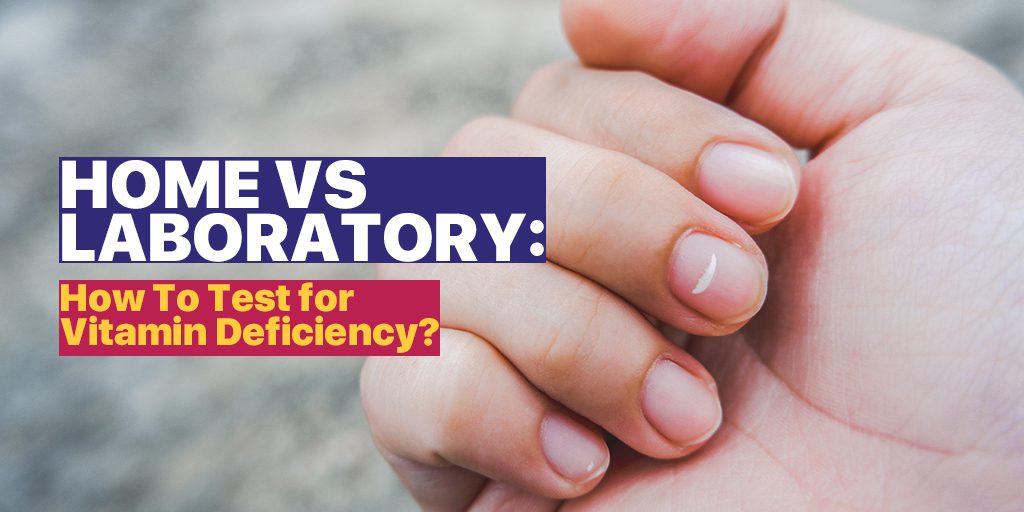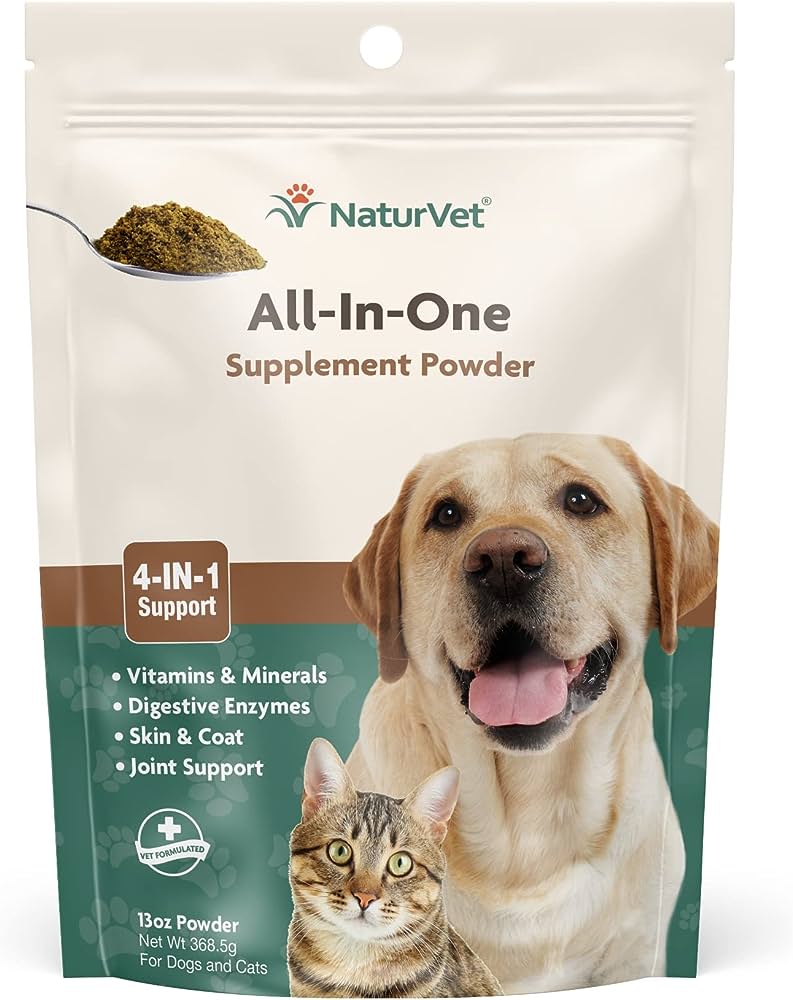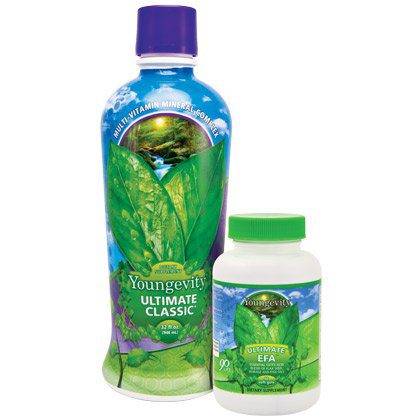Vitamins and minerals can help improve receding gums. With the right nutrients, such as vitamin c and calcium, you can support gum health and promote gum tissue regeneration.
In addition, certain minerals like zinc and magnesium can help prevent gum inflammation and strengthen teeth. These essential nutrients can be found in a variety of foods, including citrus fruits, dairy products, nuts, and leafy greens. By incorporating a balanced diet rich in vitamins and minerals, you can provide your gums with the necessary support for optimal oral health.

Credit: www.smileperfectors.com
Understanding Receding Gums And Its Causes
Receding gums, also known as gum recession, is a condition where the gum tissues surrounding the teeth wear away or pull back, exposing the tooth roots. This can lead to tooth sensitivity, root damage, and even tooth loss if left untreated.
To effectively address this issue, it is essential to understand the causes and potential solutions. In this section, we will discuss what receding gums are, the common causes behind this condition, and how vitamins and minerals can play a crucial role in maintaining gum health.
What Are Receding Gums?
Receding gums occur when the gum tissues that surround the teeth wear away or retract, exposing the tooth roots. This can create gaps between the teeth and gums, making it easier for bacteria to accumulate and cause oral health problems.
Key points to remember about receding gums include:
- Receding gums can be a sign of an underlying dental health issue or gum disease.
- The condition can cause tooth sensitivity, toothache, and even tooth loss if left untreated.
- Proper oral hygiene practices, such as brushing and flossing regularly, can help prevent gum recession.
Common Causes Of Receding Gums
Several factors can contribute to the development of receding gums. Understanding these causes can help you take preventive measures and maintain gum health. Here are some common causes to be aware of:
- Poor oral hygiene: Inadequate brushing and flossing can lead to plaque buildup, which can irritate the gum tissues and cause them to recede.
- Gum disease: Gum disease, particularly advanced stages like periodontitis, is a leading cause of gum recession. The infection can damage the gum tissues and supporting structures.
- Aggressive brushing: Brushing too hard or using a toothbrush with hard bristles can cause the gum tissues to wear away over time.
- Hormonal changes: Hormonal fluctuations, such as during pregnancy or menopause, can increase the risk of gum recession.
- Tobacco use: Smoking or chewing tobacco can affect gum health and contribute to gum recession.
- Teeth grinding: The habit of grinding or clenching your teeth can place excessive pressure on the gums, leading to their recession.
- Genetic predisposition: Some individuals may be more prone to receding gums due to their genetic makeup.
How Vitamins And Minerals Play A Role
Maintaining a well-balanced diet rich in essential vitamins and minerals can significantly contribute to healthy gums. Here’s a look at how certain nutrients play a crucial role:
- Vitamin c: This vitamin helps in collagen production, a key element in maintaining healthy gum tissues.
- Vitamin d: Adequate levels of vitamin d can support proper calcium absorption, promoting strong teeth and gums.
- Vitamin a: This vitamin is known for its important role in maintaining oral health and supporting gum tissues.
- Zinc: This mineral plays a role in collagen synthesis and gum tissue repair.
- Coenzyme q10: This antioxidant can help promote gum healing and reduce inflammation.
- Omega-3 fatty acids: These healthy fats possess anti-inflammatory properties, which can aid in gum health.
Incorporating a diet rich in fruits, vegetables, lean proteins, and omega-3 rich foods, along with maintaining good oral hygiene habits, can help support gum health and prevent gum recession.
Remember, healthy gums are the foundation of a healthy smile. By understanding what receding gums are, recognizing the common causes, and ensuring adequate intake of essential vitamins and minerals, you can take proactive steps in caring for your gum health.
Key Vitamins For Maintaining Healthy Gums
Vitamin C: The Gum Booster
- Vitamin c is an essential nutrient for maintaining healthy gums.
- It plays a significant role in collagen synthesis, which is crucial for the integrity and strength of gum tissue.
- This vitamin also possesses antioxidant properties, protecting the gums against damage from harmful free radicals.
- Regular intake of vitamin c can help prevent gum diseases like gingivitis and periodontitis.
- Citrus fruits, strawberries, bell peppers, broccoli, and kiwi are all excellent sources of vitamin c.
- Including vitamin c-rich foods in your diet can help promote gum health and prevent gum recession.
Vitamin D: A Crucial Player In Gum Health
- Vitamin d is not just important for strong bones; it also plays a crucial role in gum health.
- This vitamin helps the body absorb calcium, which is vital for maintaining healthy teeth and gums.
- Adequate levels of vitamin d can help reduce inflammation in the gums, preventing gum diseases.
- Sunlight exposure is a natural way to boost your vitamin d levels, but you can also find it in fatty fish, fortified dairy products, and egg yolks.
- If you have receding gums, consider getting your vitamin d levels checked and consult with a healthcare professional about supplements, if needed.
Vitamin K: Supporting Gum Tissue Regeneration
- Vitamin k is known for its role in blood clotting, but it also plays an essential part in gum health.
- This vitamin is involved in the production of a protein called osteocalcin, which supports gum tissue regeneration.
- Vitamin k can help strengthen the gums and reduce the risk of gum recession.
- Green leafy vegetables like spinach, kale, and swiss chard are excellent sources of vitamin k.
- Including these foods in your diet can help ensure that you are getting enough vitamin k for optimal gum health.
By incorporating these key vitamins into your diet, you can support healthy gums and prevent or slow down the progression of gum recession. Remember to consult with a healthcare professional before starting any new supplements or making significant changes to your diet.
Essential Minerals For Gum Health
Maintaining healthy gums is vital for overall oral health. Along with regular brushing and flossing, including essential minerals in your diet can help support gum health. In this section, we’ll explore three key minerals that play a crucial role in keeping your gums healthy and strong.
Calcium: Building Strong Teeth And Gums
- Calcium is essential for maintaining strong teeth and gums.
- It aids in the remineralization of tooth enamel, preventing decay and gum disease.
- Calcium deficiency can lead to weakened gum tissue and increased susceptibility to gum infections.
- Good sources of calcium include dairy products, leafy greens, and fortified foods.
- Aim for the recommended daily intake of 1000-1200 mg of calcium to support gum health.
Zinc: Fighting Gum Disease And Inflammation
- Zinc is an important mineral for fighting gum disease and reducing inflammation.
- It helps to regulate the production of collagen, a key component of gum tissue.
- Zinc supplementation has been shown to improve gum health and reduce gum bleeding.
- Foods rich in zinc include oysters, beef, pumpkin seeds, and legumes.
- Ensure you meet the recommended daily intake of 8-11 mg of zinc to promote gum health.
Magnesium: Strengthening Gum Tissue
- Magnesium plays a crucial role in maintaining healthy gum tissue.
- It helps in the formation of collagen and supports gum strength and elasticity.
- Magnesium deficiency can contribute to gum problems, including gum recession.
- Foods such as almonds, spinach, avocados, and dark chocolate are excellent sources of magnesium.
- Aim for the recommended daily intake of 310-420 mg of magnesium for optimal gum health.
Including these essential minerals in your diet can go a long way in supporting gum health. Remember to maintain good oral hygiene practices along with a balanced diet rich in vitamins and other nutrients for overall oral health. Consult with a dental professional or a nutritionist for personalized recommendations and dosages based on your specific needs.
Best Food Sources For Vitamins And Minerals
When it comes to maintaining healthy gums, a well-rounded diet rich in essential vitamins and minerals can play a crucial role. Here are some of the best food sources for vitamins and minerals that are beneficial for receding gums:
Citrus Fruits And Leafy Greens For Vitamin C:
- Citrus fruits like oranges, lemons, and grapefruits are excellent sources of vitamin c.
- Leafy greens such as spinach, kale, and broccoli are also packed with this essential vitamin.
- Vitamin c helps improve gum health by strengthening the connective tissues and reducing inflammation.
- Including citrus fruits and leafy greens in your diet can help combat receding gums and promote gum tissue regeneration.
Sunlight And Fatty Fish For Vitamin D:
- Exposure to sunlight triggers the production of vitamin d in our bodies, making it one of the best natural sources.
- Fatty fish like salmon, tuna, and mackerel are also rich in vitamin d.
- Vitamin d plays a crucial role in overall oral health by promoting calcium absorption, which is essential for strong teeth and gums.
- Incorporating sunlight exposure and fatty fish in your diet can help prevent gum diseases, including receding gums.
Leafy Greens And Fermented Foods For Vitamin K:
- Leafy greens such as kale, spinach, and swiss chard are excellent sources of vitamin k.
- Fermented foods like sauerkraut, kimchi, and kefir also provide a good amount of this vitamin.
- Vitamin k helps regulate blood clotting and keeps the gums healthy and strong.
- Including leafy greens and fermented foods in your diet can aid in preventing gum bleeding and supporting gum tissue health.
Dairy Products And Dark Leafy Greens For Calcium:
- Dairy products like milk, cheese, and yogurt are excellent sources of calcium.
- Dark leafy greens such as collard greens, kale, and broccoli are also rich in this mineral.
- Calcium plays a vital role in maintaining strong teeth and gums.
- Including calcium-rich dairy products and dark leafy greens in your diet can contribute to preventing gum recession and improving overall gum health.
Nuts, Seeds, And Legumes For Zinc:
- Nuts like almonds, walnuts, and seeds such as pumpkin and flaxseeds are great sources of zinc.
- Legumes, including lentils, chickpeas, and beans, are also rich in this essential mineral.
- Zinc plays a crucial role in the healing process of gum tissues and maintaining a healthy immune system.
- Incorporating nuts, seeds, and legumes in your diet can support gum tissue regeneration and prevent further gum recession.
Whole Grains And Bananas For Magnesium:
- Whole grains like quinoa, brown rice, and oats are excellent sources of magnesium.
- Bananas are also a great natural source of this essential mineral.
- Magnesium helps maintain strong teeth and bones, including the gum tissue.
- Including whole grains and bananas in your diet can contribute to preventing gum disease and promoting gum tissue regeneration.
By incorporating these best food sources for vitamins and minerals into your daily diet, you can support gum health, prevent gum recession, and maintain a bright and healthy smile. Remember to consult with your dentist or healthcare provider before making any significant changes to your diet.
Supplements For Receding Gums
Choosing The Right Vitamin And Mineral Supplements
When it comes to treating receding gums, incorporating the right vitamins and minerals into your dietary routine can play a significant role. The following are key factors to consider while choosing the right vitamin and mineral supplements:
- Vitamin c: This essential nutrient is vital for maintaining gum health as it promotes collagen production, which helps in keeping the gums strong and resilient. Consider taking a vitamin c supplement as part of your daily routine.
- Vitamin d: Vitamin d deficiency has been linked to an increased risk of gum disease. This vitamin helps in reducing inflammation and boosting the immune system, aiding in gum health. Consult your healthcare professional to determine if you need a vitamin d supplement.
- Coenzyme q10: Also known as coq10, this powerful antioxidant can help reduce gum inflammation and support healthy gum tissue. Taking a coq10 supplement may be beneficial for individuals with receding gums.
- Omega-3 fatty acids: These healthy fats have anti-inflammatory properties and can promote healthier gum tissue. Consider adding a fish oil or flaxseed oil supplement to your daily routine to ensure an adequate intake of omega-3 fatty acids.
- Zinc: This mineral is essential for proper immune function and wound healing, making it beneficial for gum health. Talk to your healthcare provider about the possibility of adding a zinc supplement to your diet.
Recommended Dosage And Potential Risks
While supplements may offer benefits for receding gums, it is crucial to follow the recommended dosage and be aware of potential risks. Consider the following points:
- Dosage: Always follow the recommended dosage provided on the supplement packaging. It’s important to remember that more is not always better, and excessive intake of certain vitamins or minerals can have adverse effects.
- Consult a healthcare professional: Before starting any new supplement, consult with your healthcare professional, who can evaluate your specific needs and recommend the appropriate dosage for your situation.
- Interactions with medications: Some supplements may interact with certain medications you are taking. Inform your healthcare professional about any supplements you plan to take to ensure there are no potential risks or interactions.
- Potential risks: While vitamin and mineral supplements can be beneficial, they may carry potential risks if taken in excessive amounts. It is important to maintain a balanced approach to supplementation and not solely rely on supplements for gum health.
Remember, while supplements can support gum health, they should not replace a healthy lifestyle and regular dental care. It is always best to maintain a well-rounded approach to overall health, including a nutritious diet and proper oral hygiene practices.
Other Ways To Promote Gum Health
Maintaining good oral hygiene practices:
- Brush your teeth twice a day with a soft-bristled toothbrush and fluoride toothpaste.
- Floss daily to remove plaque and food particles from between your teeth.
- Use an antiseptic mouthwash to kill bacteria that can cause gum disease.
- Clean your tongue regularly to remove bacteria and freshen your breath.
Avoiding tobacco and excessive alcohol consumption:
- Tobacco use increases the risk of gum disease and inhibits gum tissue healing.
- Excessive alcohol consumption can lead to dry mouth, which can increase the risk of gum infections.
Regular dental check-ups and professional cleanings:
- Visit your dentist regularly for check-ups and professional cleanings.
- Dentists can detect early signs of gum disease and provide appropriate treatment.
- Professional cleanings remove plaque and tartar buildup that can contribute to gum disease.
Remember, taking care of your gums is an essential part of maintaining overall oral health. By following these tips and incorporating them into your daily routine, you can promote gum health and prevent receding gums.
Frequently Asked Questions On Vitamins And Minerals For Receding Gums
Can Vitamins And Minerals Improve Receding Gums?
Vitamins and minerals play a crucial role in gum health. Vitamin c, vitamin d, calcium, and coenzyme q10 are essential for maintaining healthy gums. These nutrients help strengthen connective tissues, fight inflammation, and promote gum tissue regeneration, ultimately improving receding gums.
How Does Vitamin C Benefit Receding Gums?
Vitamin c is vital for gum health as it strengthens blood vessels, promotes collagen production, and aids in repairing damaged gum tissue. Research suggests that vitamin c deficiency can contribute to gum disease and recession. Incorporating foods rich in vitamin c or taking supplements can be beneficial for receding gums.
Can Vitamin D Help With Receding Gums?
Vitamin d plays a crucial role in oral health. It helps the body absorb calcium effectively, promotes bone strength, and aids in reducing gum inflammation. Adequate vitamin d levels are essential for maintaining healthy gums and preventing gum recession.
Which Minerals Are Beneficial For Receding Gums?
Calcium and coenzyme q10 are essential minerals for gum health. Calcium supports bone density and strength, which is crucial for maintaining gum tissue integrity. Coenzyme q10 promotes gum tissue healing and reduces inflammation, thereby benefiting receding gums.
How Can I Incorporate These Vitamins And Minerals Into My Diet?
You can add vitamin c by consuming citrus fruits, strawberries, leafy greens, and bell peppers. Vitamin d can be obtained through sunlight exposure or by consuming fatty fish, eggs, and fortified dairy products. Calcium sources include dairy products, leafy greens, and tofu.
Coenzyme q10 is naturally present in fish, organ meats, and whole grains.
Can Supplements Be Helpful For Receding Gums?
Supplements can be a convenient way to ensure you are getting the required vitamins and minerals for gum health. However, it’s important to consult with a healthcare professional before starting any supplements. They can help determine appropriate dosages and guide you in choosing the right supplements for your specific needs.
Conclusion
To maintain healthy gums and prevent receding gums, it is crucial to ensure a sufficient intake of vitamins and minerals. These nutrients play a vital role in supporting gum health and preventing gum disease. Vitamin c, an essential antioxidant, helps in collagen production and boosts immune function, which aids in gum tissue repair.
Vitamin d, on the other hand, promotes calcium absorption, strengthening the teeth and gums. Zinc is another important mineral that helps in wound healing and maintaining the integrity of gum tissues. Omega-3 fatty acids possess anti-inflammatory properties that can help reduce gum inflammation.
Finally, coenzyme q10 improves gum health by promoting tissue repair and reducing gum inflammation. Incorporating a balanced diet rich in these vitamins and minerals can significantly contribute to preventing and managing receding gums. Remember to consult with a healthcare professional before making any major dietary changes.
Prioritizing oral health and maintaining a healthy diet will go a long way in safeguarding the health of your gums.


